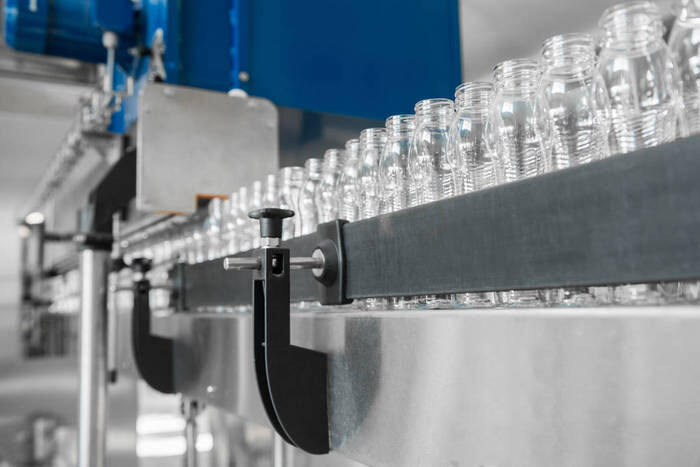4J40 is a Fe-Ni-Co ternary alloy with a Curie point above 300°C. The alloy has a low expansion coefficient in the temperature range of -20 to 300°C, and does not undergo austenite (γ) → martensite (M) transformation until the temperature of -60°C. This alloy is mainly used to manufacture instrument parts and electronic devices that require highly precise dimensions within the temperature range of -50 to 300°C.
Specifications | In stock, can be customized according to customer requirements |
Form | Strip,plate, rod, wire, tube |
Classification | Expanded alloy |
Alloy | C | Si | P | S | Cu | Se | M≤ | Ni | Co | Fe |
≤ | ||||||||||
4J40 | 0.05 | 0.15 | 0.020 | 0.020 | 0.40~0.80 | --- | 0.25 | 32.4~33.4 | 7.0~8.0 | Balance |
Alloy grade | Average coefficient of linear expansion ā/ (10-6/℃) | |||||
20~50℃ | 20~100℃ | 20~200℃ | 20~300℃ | 20~400℃ | 20~500℃ | |
4J40 | 1.4 | 1.3 | 1.2 | 1.7 | 4.5 | ~ |
Alloy grade | Sample heat treatment system | Average coefficient of linear expansion ā/ (10-6/℃) | |
20~l00℃ | 20~300°C | ||
4J40 | Heat the semi-finished sample to 840 ± 10 ° C, hold for 1 hour, water quench, and then process the sample into a finished sample. Keep at 315 ± 10 ℃ for 1 hour with furnace cooling or air cooling | ~ | ≤2.0 |
The implementation standard of4J40 alloy strip: YB/T 5241-2005. 4J40 alloy strip has a low linear expansion coefficient in the range of 20-100°C and is easy to cut. The smelting and casting process of the 4J40 alloy strip is smelted with non-vacuum induction, vacuum induction furnace and electric arc furnace.
4J40 alloy stripis used to make various klystrons and resonant cavities of microwave tubes in the electric vacuum industry.
4J40 alloy strip is mainly used in the electric vacuum industry to manufacture various beam modulators, resonant cavities of microwave tubes and parts whose dimensions change less with temperature. The heat treatment process and processing technology should be strictly controlled during use, and its organizational stability should be strictly tested according to the use temperature.

The manufacturing process of stainless steel and alloys involves multiple steps to transform raw materials into flat,rectangular sheets or plates made of stainless steel and alloys. Here are a few key steps for stainless steel and alloys:

Molten stainless steel and alloys are cast into large ingots or billets through a casting process.

During the hot rolling process,the thickness of the steel ingot is gradually reduced and elongated to form long strips or coils.

Annealing involves heating stainless steel and alloys to a specific temperature and then slowly cooling it.

Cold rolling is carried out through rolling mills to reduce thickness to meet customer specifications.
Wuxi Walmay Metal Co,Ltd is a comprehensive processing group of Alloy Steel、Forged Parts Fitting、Titanium Alloy、Stainless Steel、Special Welding Wireseries, and more than 800 specifications.
Our group has been engaged in the domestic and global market for more than ten years with rich steel experience and can offer professional advice for customers inapplications with different materials.
Machine cutting
Sheet cutting
plasma cutting
Dynamic waterjet cutting
sawing
Plank leveling
polishing
laser cutting
laser cutting
production cutting
Long product cutting
Bar and structural cutting
polishing
Heat treatment and annealing: Wuxi Walmay Metal can heat treat certain 400 series stainless steels.
Material Reliability Identification (PMI): Wuxi Walmay Metal can complete this testing in-house.
Ut Testing: Ultrasonic testing (UT) uses high-frequency sound energy to inspect and measure stainless steel products.
Our professional sales team answers your questions within 24 hours.
Copyright © Wuxi Walmay Steel Co.,Ltd All Rights Reserved